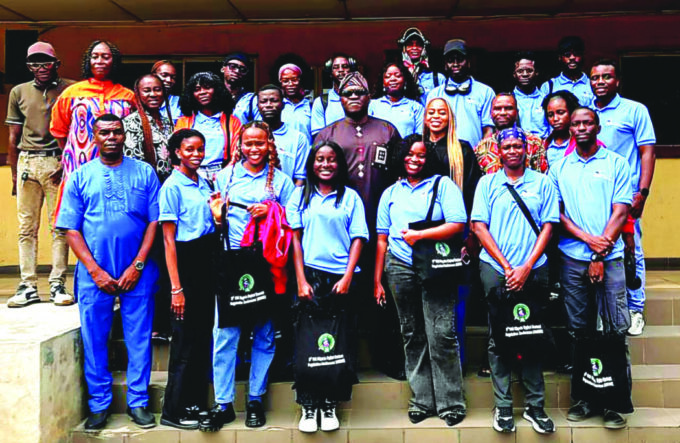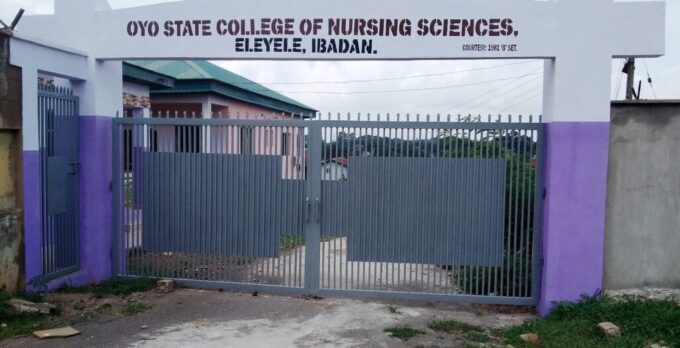By Merit Ibe
The Lagos Chamber of Commerce and Industry (LCCI) has projected that with full implementation of the new Nigeria Tax Bill, the non-oil tax revenues will increase by ₦3.2 trillion over the next two years, pushing the tax-to-GDP ratio towards 12 percent by 2027.
President Bola Tinubu has assented to the four tax reform bills recently passed by the National Assembly, noting that the new tax regime will begin January 2026.
In her statement, the Director General of the chamber, Dr. Chinyere Almona, commended the federal government for enacting to law; the four landmark tax reform bills, which include: the Nigeria Tax Bill (Ease of Doing Business); the Nigeria Tax Administration Bill; the Nigeria Revenue Service (Establishment) Bill and the Joint Revenue Board (Establishment) Bill, noting that the bills passed after extensive stakeholder consultations, marked a significant milestone in Nigeria’s journey toward a more transparent, efficient, and growth-aligned fiscal framework.
Almona explained that from an investment standpoint, the bills offer the predictability and transparency that domestic and foreign investors seek, adding that, “Nigeria’s foreign direct investment (FDI) stood at a modest US$29.83 million in Q4 2024, highlighting the urgency for reform. These new laws, with their institutional safeguards and digital monitoring platforms, send a strong signal of fiscal discipline and reliability.”
She noted that the independence of the emerging Nigerian Revenue Service (NRS), supported by robust performance reporting, would further bolster credibility and reduce the risk premium attached to long-term investments. Acknowledging that passing legislation is only the first step, she pointed out that successful execution will require close coordination across federal, state, and local governments and robust monitoring and feedback from the private sector, urging the immediate rollout of a public-facing implementation roadmap, beginning with pilot e-tax systems in high-volume states such as Lagos, Rivers, and Kano.


















Leave a comment